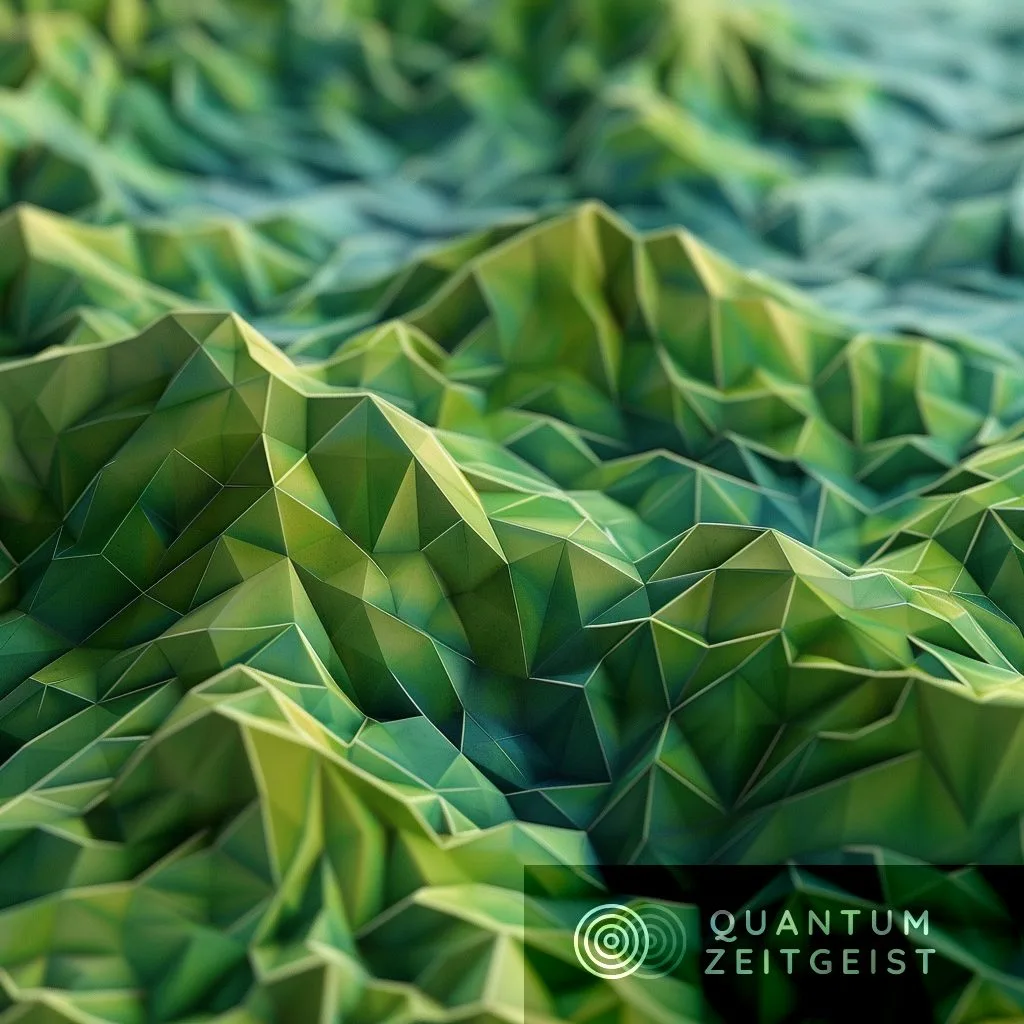Researchers Pablo Bermejo, Borja Aizpurua, and Román Orús have developed a new strategy to enhance the performance of machine learning algorithms. The method, based on coordinate transformations like variational rotations, adds extra directions in parameter space that depend on the cost function itself, allowing for more efficient exploration of the configuration landscape. This strategy addresses issues such as local minima and barren plateaus that often hinder the performance of optimization algorithms like gradient descent. The researchers’ method has been validated by boosting several quantum machine learning algorithms, resulting in a significant improvement in their performance.
What is the New Strategy to Improve Machine Learning Algorithms?
The article discusses a new strategy developed by researchers Pablo Bermejo, Borja Aizpurua, and Román Orús from Multiverse Computing, Donostia International Physics Center, and Ikerbasque Foundation for Science. The strategy aims to enhance the performance of machine learning algorithms, both classical and quantum versions, which heavily rely on optimization algorithms based on gradients such as gradient descent.
The performance of these algorithms is often hindered by the appearance of local minima and barren plateaus, which slow down calculations and lead to non-optimal solutions. This results in significant computational and energy costs for artificial intelligence applications. The researchers’ method is based on coordinate transformations like variational rotations, adding extra directions in parameter space that depend on the cost function itself. This allows for more efficient exploration of the configuration landscape. The validity of the method was benchmarked by boosting several quantum machine learning algorithms, resulting in a significant improvement in their performance.
How Does the New Strategy Address the Challenges in Machine Learning?
Machine learning is revolutionizing society with game-changing applications such as ChatGPT, where large language models allow for unprecedented human-computer interaction. These systems have a neural structure at their roots, with weights that must be optimized to minimize some error cost function. This optimization is usually done via gradient methods such as gradient descent, stochastic gradient descent, and adaptive moment estimation. However, these methods are not free from problems such as barren plateaus and local minima.
These features emerge inherently due to the shape of the cost function. Both limitations can be understood as coming from moving along certain directions in the landscape of solutions. Changes in the optimization variables are the result of changes in the cost function as the variables are modified. This is evidently an obstacle when we find a flat region in the landscape of the cost function. The researchers propose an alternative way to navigate the landscape of solutions by introducing extra freedom in the directions of the update of the parameters.
What is the Proposed Methodology for the New Strategy?
The researchers propose a method based on a change of coordinates. They treat the cost as an extra variable to be optimized and implement a self-consistent variational method in which the cost axis not only represents the value to be optimized but also serves as an extra dimension to escape from local minima and barren plateaus. Importantly, the approach aims not to lower the cost function values but rather and specifically to move out from barren plateaus.
An optimization problem can be stated as the minimization of a scalar real cost function of n variables. Methods based on gradient descent apply an update of parameters mainly based on the calculation of changes in the function when there is a change in the coordinate values. A gradient close to zero represents flat regions in the landscape of solutions, implying no updates in the parameters and therefore disabling further optimization steps.
How Does the New Strategy Improve the Performance of Quantum Machine Learning Algorithms?
The researchers showed a set of benchmarks to validate their idea, where they systematically improved the performance of several well-known quantum machine learning algorithms. The benchmarks demonstrated that the new strategy could significantly enhance the performance of these algorithms.
The researchers’ method based on coordinate transformations like variational rotations added extra directions in parameter space that depended on the cost function itself. This allowed for more efficient exploration of the configuration landscape, leading to a significant improvement in the performance of the quantum machine learning algorithms.
What are the Future Directions for the New Strategy?
The researchers concluded the article by discussing future directions for their new strategy. They believe that their method based on coordinate transformations can significantly improve the performance of machine learning algorithms, both classical and quantum versions.
The researchers plan to continue their work on this strategy, aiming to further enhance its effectiveness and efficiency. They also hope that their work will inspire other researchers in the field to explore similar strategies and methods to improve the performance of machine learning algorithms.
Publication details: “Improving gradient methods via coordinate transformations: Applications to quantum machine learning”
Publication Date: 2024-04-19
Authors: Pablo García-Bermejo, Borja Aizpurua and Román Orús
Source: Physical review research
DOI: https://doi.org/10.1103/physrevresearch.6.023069

